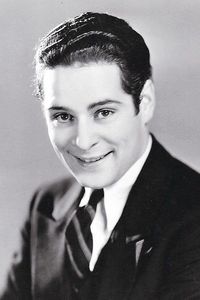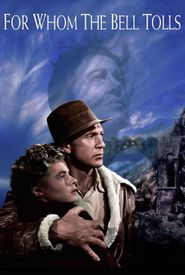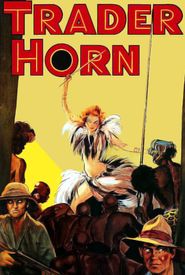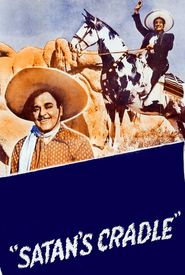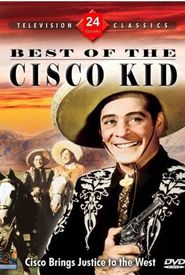Duncan Renaldo, renowned for his iconic portrayal of the Cisco Kid, remains an enigmatic figure, with the majority of his early life shrouded in mystery. Despite being widely recognized for his cinematic and television appearances, Renaldo's birthdate and place of birth remain uncertain. Official records often cite April 23, 1904, as his birthdate, while his birthplace has been variously attributed to Spain, Romania, and even New Jersey. The fact that Renaldo himself claimed to have spent his early years in Spain, with vivid memories of the country, lends credibility to this theory. However, his lack of knowledge about his actual parents and inability to determine the exact date and place of his birth due to being an orphan only adds to the intrigue surrounding his early life.
As an orphan, Renaldo was raised and educated in various European countries before arriving in the United States in the early 1920s as a stoker on a Brazilian coal ship. After his ship caught fire and burned to the waterline, Renaldo remained in the country, initially relying on a 90-day seaman's permit. He eventually found work as a portrait painter, but his meager existence forced him to seek alternative employment. This led him to venture into the film industry, initially as a producer of short features, before transitioning to on-camera work as an actor with MGM in 1928.
The studio capitalized on Renaldo's dashing Hispanic looks, initially casting him as a "Latin lover," but this typecasting did not endure. He went on to star in a range of films, including The Naughty Duchess (1928),The Bridge of San Luis Rey (1929),Trader Horn (1931),and Trapped in Tia Juana (1932),in which he played the role of Zorro.
However, Renaldo's career was temporarily derailed when he was arrested and faced deportation due to his illegal immigrant status. A stroke of good fortune ensued when his wife's painting was purchased by Eleanor Roosevelt, who intervened on his behalf and persuaded her husband, President Franklin D. Roosevelt, to pardon Renaldo. This reprieve allowed him to return to the film industry, where he continued to work in minor roles, alternating between heroic sidekicks and villains.
Renaldo's most notable roles during this period included his appearances as one of the Three Mesquiteers in the revamped film series, as well as his regular appearances in 1930s and 1940s cliffhangers, such as The Painted Stallion (1937),Jungle Menace (1937),Zorro Rides Again (1937),King of the Mounties (1942),Secret Service in Darkest Africa (1943),and The Tiger Woman (1944).
In 1945, Renaldo began the Cisco Kid film series, which he successfully adapted for television in the early 1950s, starring alongside Leo Carrillo as Pancho. Renaldo's portrayal of the Cisco Kid was notable for its departure from the original character created by O. Henry, as he depicted the outlaw as a clean-shaven hero rather than a roguish bandit.
Renaldo retired from acting soon after the series' conclusion and passed away in 1980 at Goleta Valley Community Hospital in California due to complications from lung cancer. Despite the uncertainty surrounding his early life, Renaldo's enduring legacy as the Cisco Kid remains an integral part of American entertainment history.
